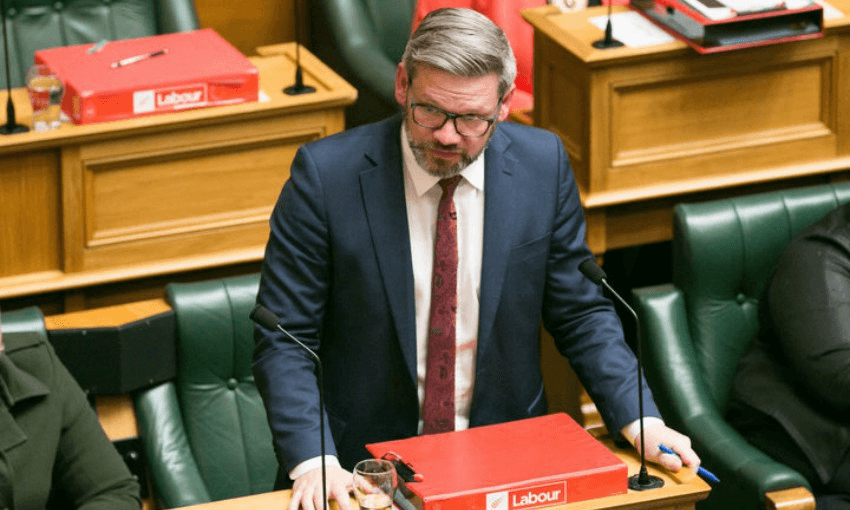Refugees will once again be resettled in Christchurch as the government moves ahead with long delayed plans to raise the quota. But will the small number of initial placements make a difference?
The new government – particularly Labour and the Greens – came into office promising to raise the refugee quota from 1000 to 1500 people annually. But in July it was reported by Newshub that those plans had stalled, with immigration minister Iain Lees-Galloway blaming the housing crisis, and the difficulty of funding refugee resettlement as the reason.
Now the government has announced that they’ll move ahead with re-opening Christchurch as a resettlement destination. They’ll be filled by people from Afghanistan and Eritrea. The ongoing Afghanistan conflict, and subsequent refugee crisis, is well known in New Zealand, in part because NZDF troops were deployed to Afghanistan.
The Eritrean refugee crisis is less well known, but just as urgent. Decades of war have laid waste to the East African country, and the UN estimates approximately 4000 people on average flee every month. They also estimate one in ten refugees trying to reach Europe is Eritrean. There are around 25 million refugees worldwide.
The need for placements in peaceful countries like New Zealand is therefore great. But the number of places opened up in this latest announcement is initially small – just 20 in the first round scheduled for March next year, and 60 by the end of 2018/19 financial year.
That will be some consolation for refugee advocates, who were disappointed by the recent lack of action on putting a raised quota into effect. Minister Iain Lees-Galloway says the plan is to get there by the end of the government’s term in 2020, and that the government remains “determined to play its part.” He also noted that the government provided an extra $18 million investment in refugee resettlement and support in the 2018 budget. He told Newshub in July that “it’s no good bringing in more people if we can’t give them good resettlement opportunities here in New Zealand.”
Support services in Christchurch have been contracted to the NZ Red Cross for a minimum of twelve months. The NGO also provides resettlement support services from Auckland to Invercargill. Rachel O’Connor, who is the National Migration Programmes Manager, says her organisation wants to see the increased quota fulfilled, because as she puts it, “each of those numbers is a story.”
“New Zealand should be proud of the work we do in resettlement, because we’re changing and saving people’s lives every time we do that. So it’s important that we do that well, and we’re looking forward to seeing the quota increase implemented as quickly as possible, because obviously that means people can access the protection they so desperately require.”
Resettlement in Christchurch has been on hold since the September 2010 earthquakes, which dramatically stretched housing and support services. Lees-Galloway says the government has been “eager to bring Christchurch back as a settlement location, and after a comprehensive
review the Government is satisfied the rebuild has reached a point where the infrastructure can now enable refugees to be settled.”
Initially, the new arrivals will spend six weeks at the Mangere Refugee Resettlement Centre, before moving to Christchurch. Rachel O’Connor says the Red Cross will be providing similar services in Christchurch to what is provided around the rest of the country.
“They have a staff team and a volunteer team alongside them, and that can include setting up a house, and helping them turn it into a home so they feel safe and that they can settle down here,” says O’Connor. “Then there’s the practical things, like taking them to the doctor, helping them take the kids to school, helping them meet their neighbours. And then we have a team that helps people find work.”
But Rachel O’Connor says the most important factor in whether or not people from refugee backgrounds are able to be brought fully integrated into New Zealand is also among the most intangible – how welcoming their new neighbours are.
“The things that we see make a huge difference in their life are their neighbours, the sense of belonging they feel with their kids school. We know that Cantabrians are some of the most welcoming people in New Zealand, so we’re just encouraging people to extend the hand of friendship when people start arriving.”
The Bulletin is The Spinoff’s acclaimed, free daily curated digest of all the most important stories from around New Zealand delivered directly to your inbox each morning.
